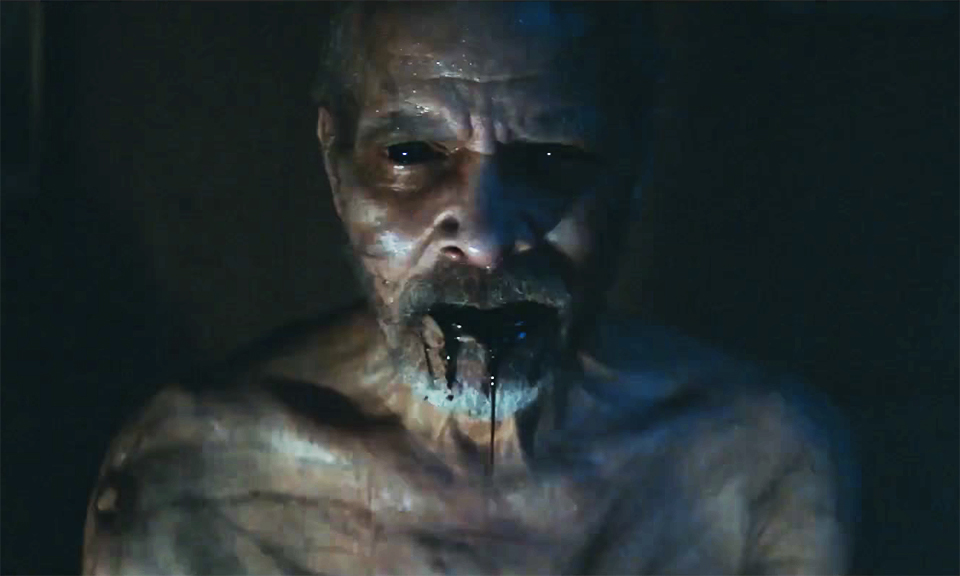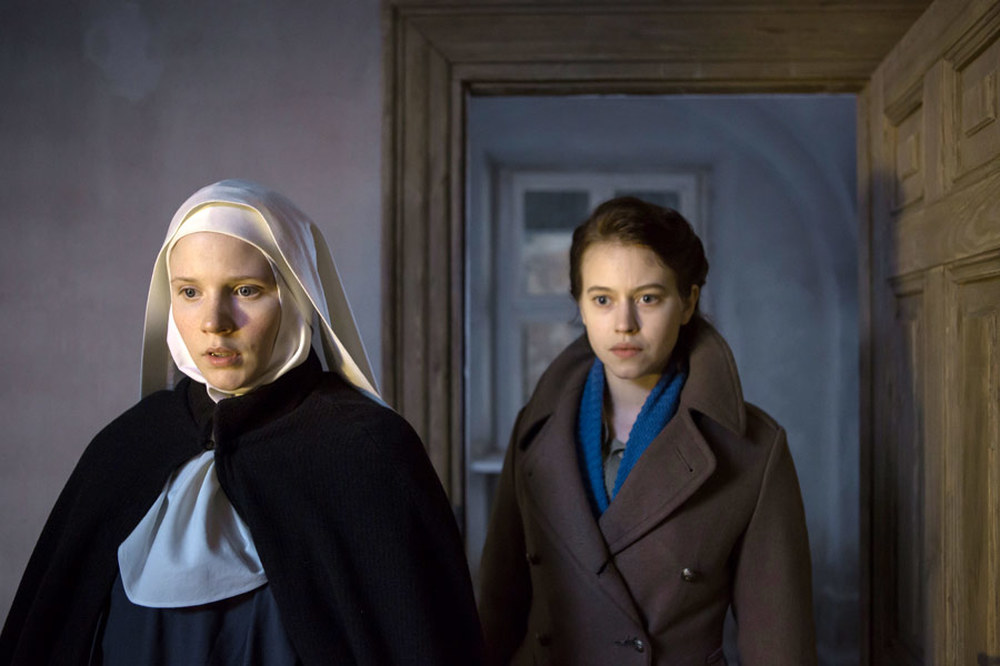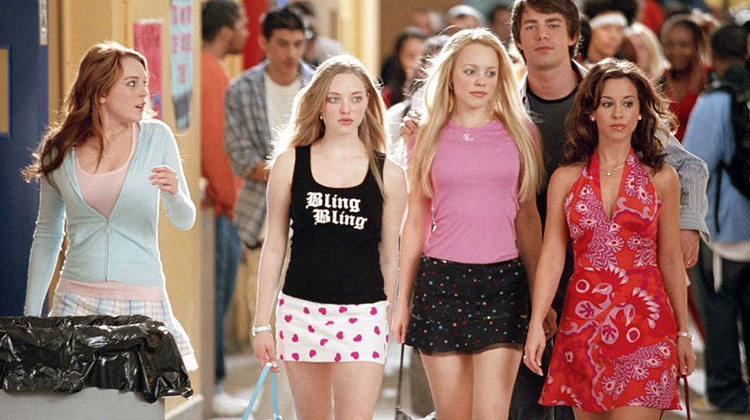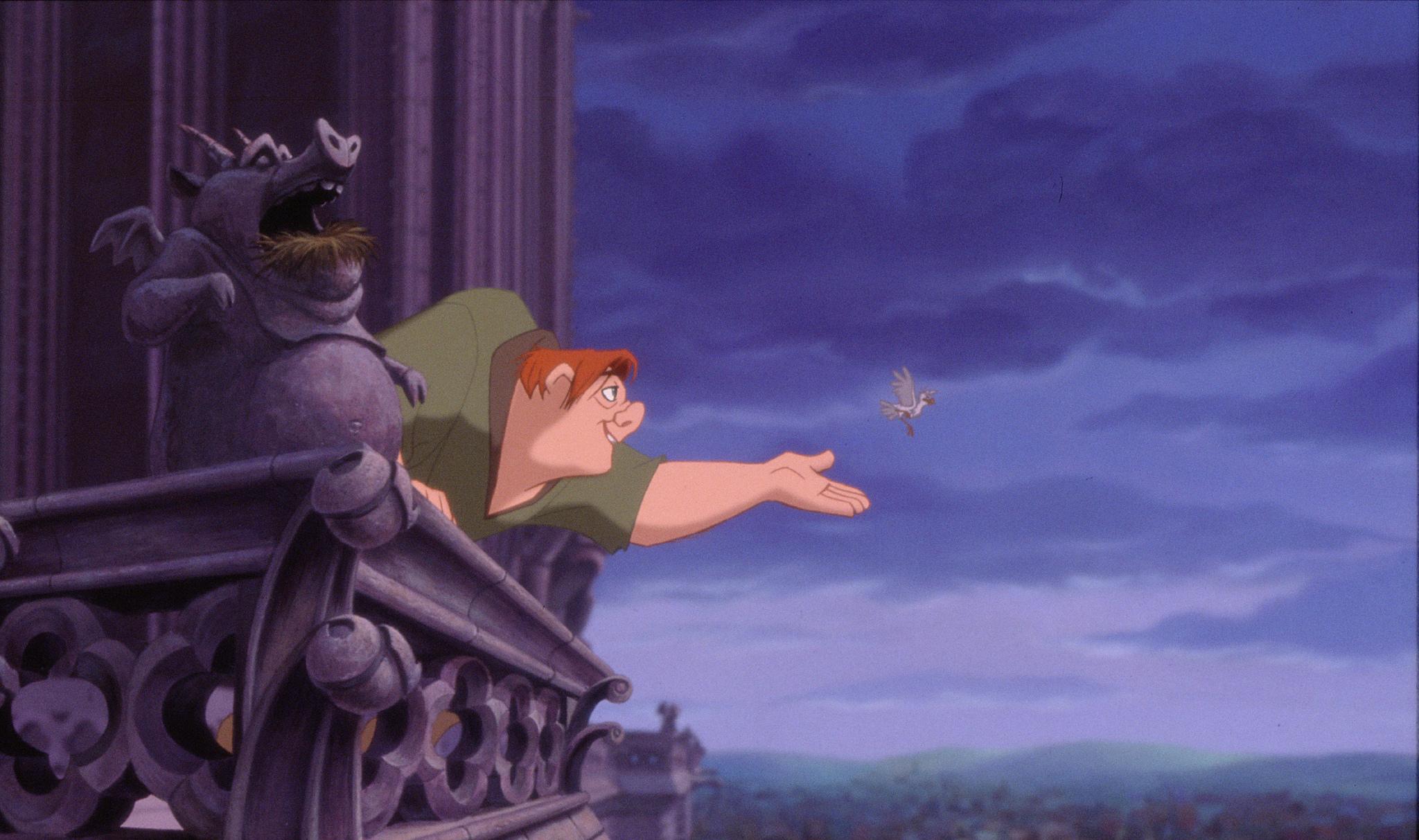
Editing is perhaps the most important part of filmmaking – it’s what sets the medium apart from theater or photography. Movie trailers are an attempt to edit a film down into a bite-sized pieces which will leave audiences wanting more.
In an effort to make a movie look as attractive to as many people as possible, editors can often misrepresent a movie or at least sell it to the wrong crowd. With that in mind, here are The Worst Marketed Movies of All Time.
1. Mother!

Darren Aronofsky’s arthouse feature Mother! is a series of Bible stories acted out in an abstract fashion in a modern country home. It has black comedy, gore, and unsubtle environmentalist pretentions worthy of a 1990’s after-school special. Somehow, it doesn’t feel like it would have broad appeal. Any marketing department would have a difficult time selling this film to a wide audience but try they did, as this is a film starring Katniss herself, Jennifer Lawrence.
The trailers for the film deluded audiences into thinking this was a horror movie and they were not pleased. Anyone who walked into this film hoping for a Blumhouse production was, instead, treated to an oddball misanthropic diatribe about humanity’s lack of concern for Mother Nature that is unintelligible to anyone who isn’t up on their Christian theology.
Mother! might have been a success if it was sold to the arthouse patrons, but mainstream filmgoers were put off by its avant-garde nature and doomed the film with bad word of mouth. Hopefully, this film will find a cult audience in due time, but until then it will be primarily remembered as that Jennifer Lawrence film no one liked or understood.
2. It Comes at Night

What comes at night? It’s completely reasonable for people to want the film to answer that question. It doesn’t. It doesn’t even ask that question. There is no “it” that comes at night. This is a film about a family trying to survive an apocalyptic viral outbreak. Films with similar titles like It, It Follows, and It Came from Beneath the Sea are crowd-pleasing monster movies but this is a film about dread that lacks any real antagonist.
Not only does the trailer imply that there may be a monster, it also uses the tagline “Fear turns men into monsters,” offering the tantalizing possibility that this is a film where the monsters may or may not be a product of the characters’ imagination, a la Henry James’ The Turn of the Screw.
The film makes it clear pretty early on in its run time that the threat (a disease that causes people to go insane and drip black slime from their mouths) is completely real. As gross as that is, very little of the film depicts those suffering from the disease, so the film could not satiate the genre’s fans’ appetite for disgust. With a complete lack of monsters, real or imagined, audiences saw It Comes at Night as a shaggy dog story with no punchline.
3. The Innocents

Speaking of The Turn of the Screw, here is a film adaptation of the classic novella which captures everything that made it great with some fitting additions to the text that keep the film from feeling pointless. What a perfect movie to market to people interested in classic literature!
Since that move was too obvious, and by obvious, I mean smart, 20th Century Fox decided to sell The Innocents as a B-horror film. This makes financial sense at first glance, as there is rarely anything more lucrative than the lowest common denominator, but the early 1960’s was a time when highbrow features like La Dolce Vita, Spartacus, and Lawrence of Arabia became major blockbusters, when prestigious pictures could compete against broader fare at the box office.
The Innocents even has a screenplay by Truman Capote. The only way that the film could be more prestigious is if it were co-written by Shakespeare and Thomas Hardy. That, combined with the classy star power of Deborah Kerr and the film’s roots in an acclaimed Victorian novel could have made The Innocents the prestige picture to end all prestige pictures, but for the fact that critics tend not to value horror as an art form. The Innocents did make its budget back and then some, but if Fox had more faith in it, it could have become a phenomenon.
4. Mean Girls

A good trailer is supposed to offer prospective audiences a delicious taste of a film they could see, all while leaving them hungry for more. The trailer for Mean Girls, however, just summarizes every major plot point of the movie in two and a half minutes, while also spoiling many of its best jokes. It’s less of a trailer and more of a book report. It’s as if someone who had never even seen a trailer made the trailer.
After it was released on home video, Mean Girls went on to become a culture defining movie for millennials, as well as arguably the most widely adored cult classic of all time, but that doesn’t change the fact that its marketing was atrocious.
The use of current chart hits “Milkshake” and “Naughty Boy” in the trailer foolishly aimed the film at teenagers and younger kids who think that teenagers are cool, when the film had the potential to reach a much wider audience.
5. The Hunchback of Notre Dame

After the film Beauty and the Beast was unexpectedly nominated for Best Picture, Disney chairman, Jeffrey Katzenberg, thought that he could win the gold if the studio told a similar story that was more adult.
Thus, he recruited the directors and musical talents behind Beauty and the Beast to make The Hunchback of Notre Dame, a film which checks off all of the “Oscar bait” boxes of its day (historical fiction, highbrow source material, egalitarian racial themes). Yet, somehow, this film about lust, religious extremism, and an attempted genocide doesn’t feel much like a children’s film.
Sadly for parents, it was the Disney marketing departments’ job to sell this film, not to sell it honestly. TV spots for the movie emphasized its more lighthearted, early scenes, so its gruesome storyline came as an unwelcome shock to numerous screaming children who had to endure it as well as the flustered parents who had to take them out of the theater.
In terms of its public reception, the film was caught in a double bind, with family audiences finding it too heavy or even blashphemic while fans of Victor Hugo’s novel felt it was too light to represent the original text. A group of Hugo’s descendants denounced it as a vulgar commercialization of his work. Hunchback was a commercial failure and Oscar didn’t take the bait, so, of course, this film is getting remade.